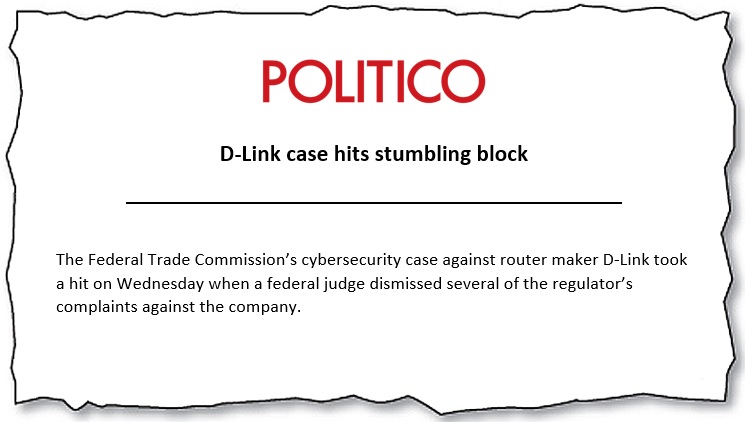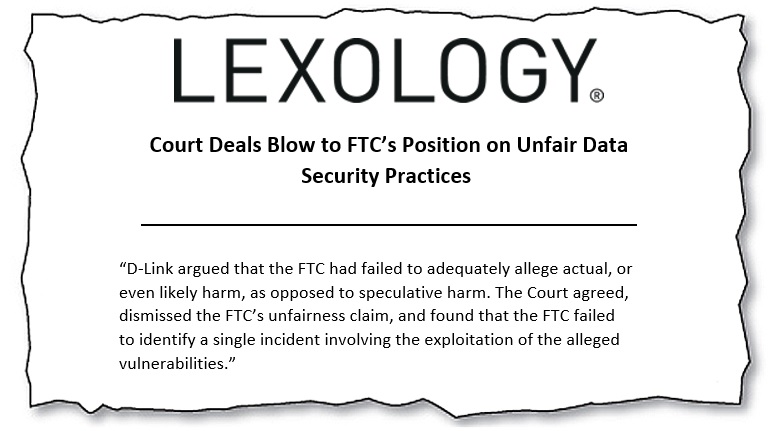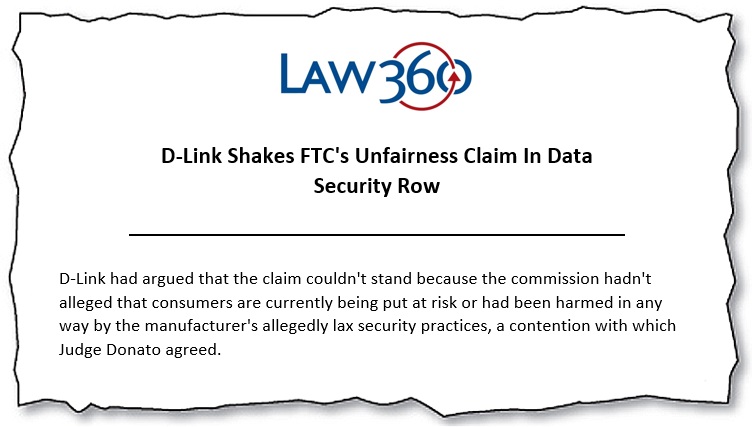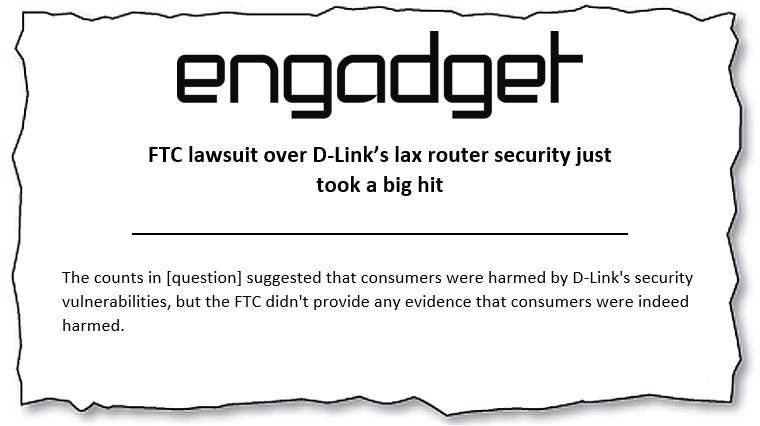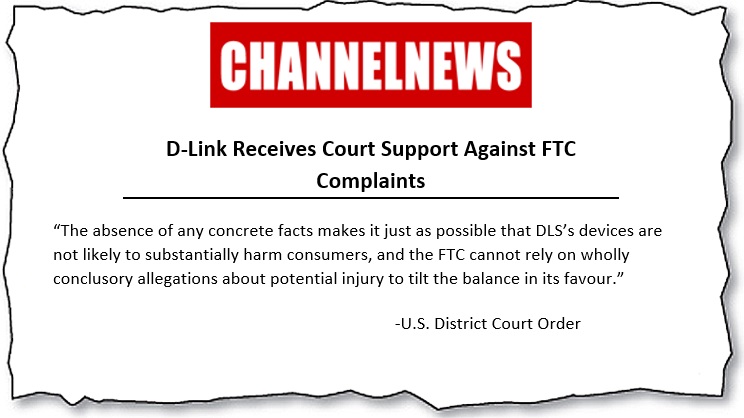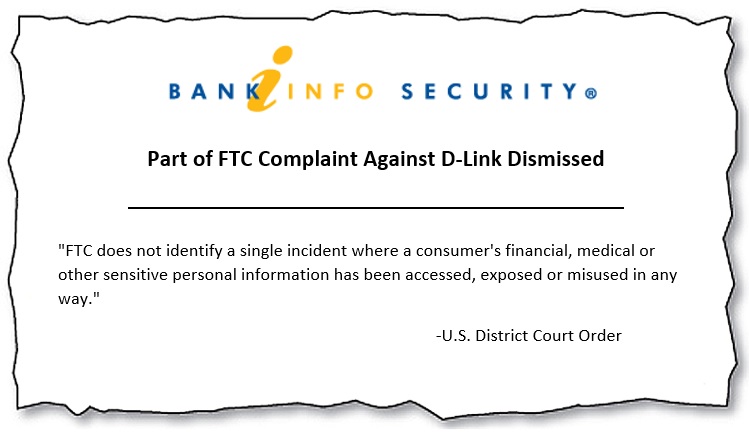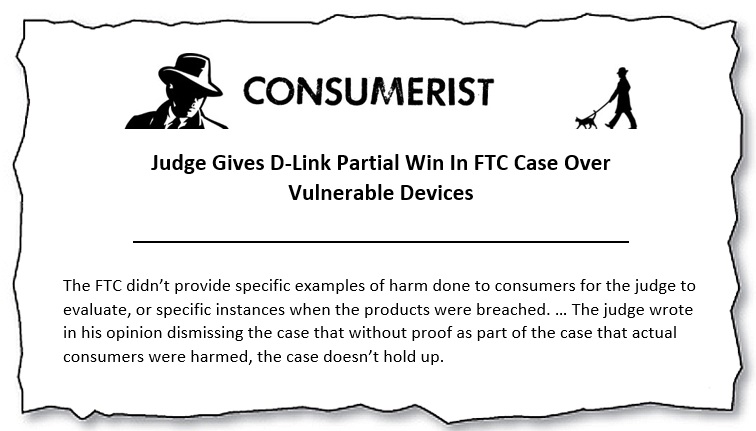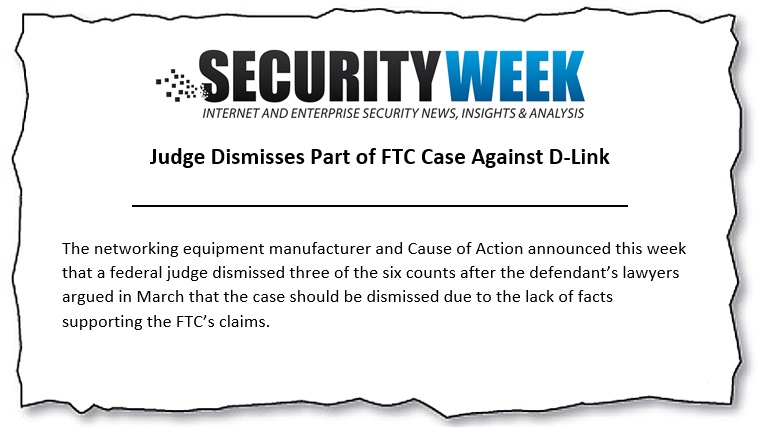The FTC Raided My Office, Found Nothing, And Is Destroying My Business Anyway
Without due process or conviction in a court of law, the government is destroying my family’s business.
In early May, federal investigators raided my small tech-support company, Vylah Tec LLC, d/b/a “V-Tec,” on suspicion of “deceptive” sales practices. The raid was part of a politically hyped campaign by the Federal Trade Commission with the Florida Attorney General’s office, dubbed Operation Tech Trap, to “crack down on tech-support scams.” The problem: My business is not a scam.
Read the full article at Investor’s Business Daily.

